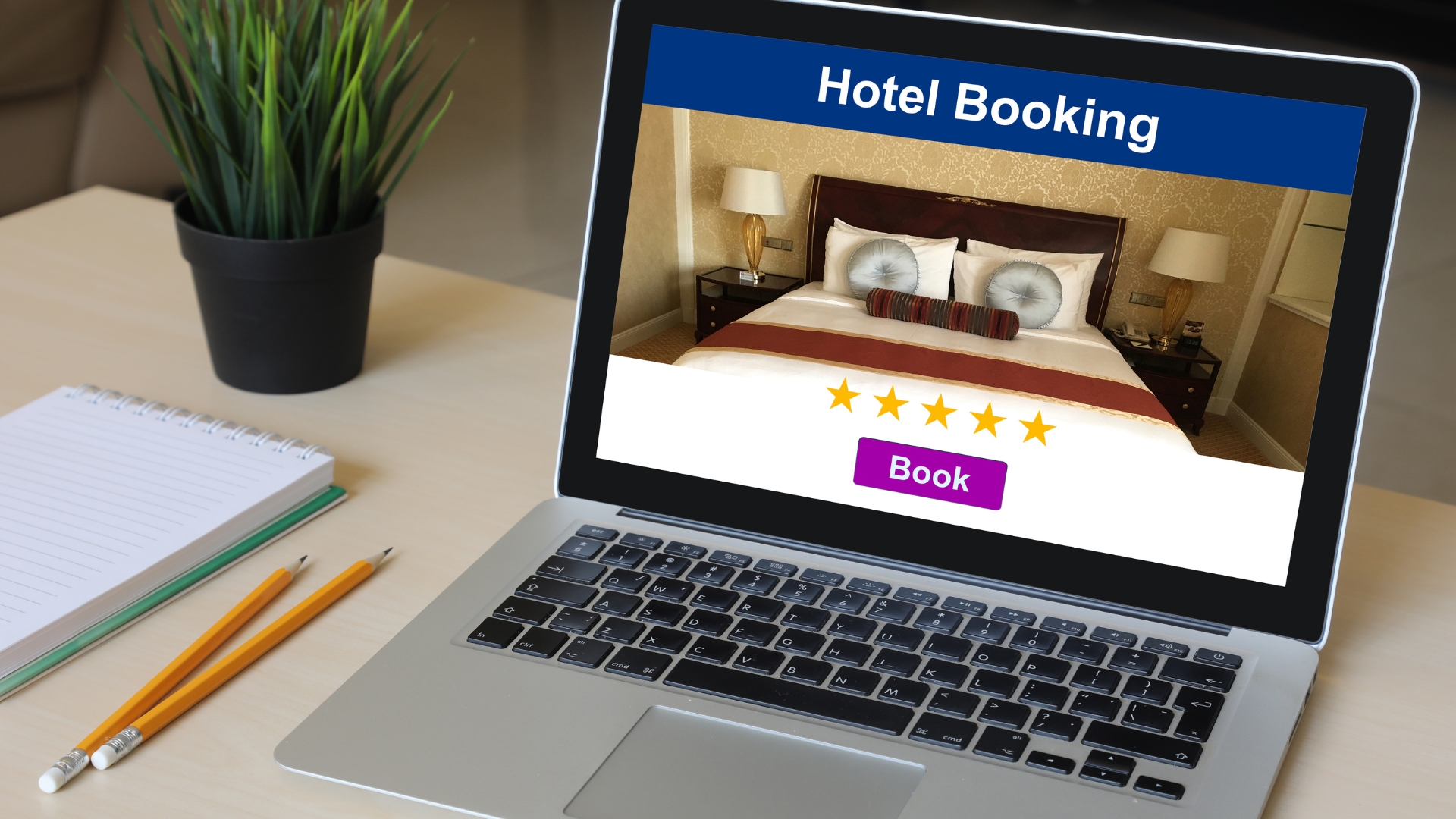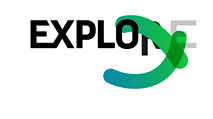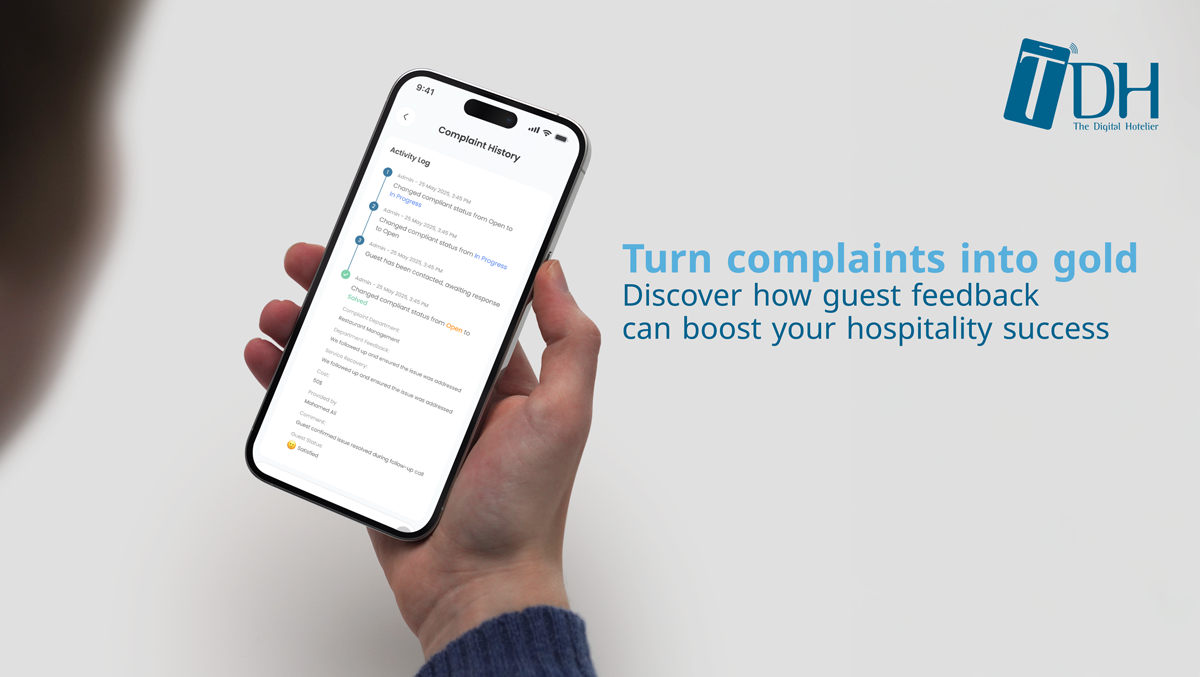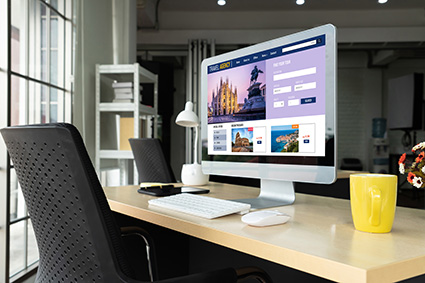

In the fast-paced world of hospitality, technology is crucial for smooth operations and exceptional guest experiences. However, many hotel groups struggle with a fragmented tech stack - a mix of disconnected legacy platforms that are costly to maintain and inefficient to manage. With the demand for better guest service, faster operations, and scalable growth, it’s time to rethink how technology fits into the equation. Platform consolidation and integration are the solutions to this challenge, helping businesses reduce complexity, lower costs, and enhance the guest experience. Here's why it matters and how you can take action.
The Problem: Too Many Systems, Too Little Synergy
As hotels grow, they often accumulate various software solutions like property management systems (PMS), booking platforms, HR tools, CRM systems, and more. While each system may have been useful at one point, the result is:
- Siloed data: Information is trapped in separate systems, leading to inefficiencies and missed opportunities.
- Increased costs: Maintaining multiple platforms requires more resources and often leads to redundant functionalities.
- Disjointed guest experience: A fragmented tech stack can make it harder to deliver personalized, seamless service to guests.
These issues create friction, not only between your internal teams but also in the way your guests interact with your brand.
What to Do About It: Key Steps for Success
- Audit Systems - Evaluate current tools, identify redundancies, and assess cost-efficiency. Determine which systems need consolidation or replacement.
- Consolidate Platforms - Streamline essential systems like PMS, booking, and CRM onto a single platform to reduce complexity and improve operations.
- Integrate via APIs - Enable API integrations for non-consolidated systems (payment gateways, guest messaging, etc.) to ensure smooth data flow.
- Automate Tasks - Automate processes like check-ins, room assignments, and housekeeping to increase efficiency and free up staff for guest-focused tasks.
- Unify Data Strategy - Connect systems for seamless data sharing, improving insights and personalization for better decision-making.
Why This Matters Now: Industry Shifts & Growing Demands
In hospitality, the landscape is changing. Guests expect a seamless, personalized experience at every touchpoint, and your tech stack needs to support that. Platform consolidation and integration help meet these expectations by breaking down barriers between systems and streamlining operations. The hospitality industry is embracing cloud-first, API-enabled platforms that support faster innovation and better scalability. By investing in a unified, flexible tech stack now, you’ll be better positioned to adapt to future trends and growing demands.
Who Benefits & How?
Platform consolidation and integration deliver tangible benefits to key roles across your organization. Here’s a quick look at how it impacts each leader:
What It Looks Like: A Seamless Guest Journey with integrated systems
The Bottom Line: Simplicity Leads to Scalability
The path to a more efficient and profitable operation is clear: consolidate, integrate, and automate. By reducing the number of systems you rely on and creating an environment where data flows freely, you’ll not only improve internal processes but also enhance your guest experience. This approach leads to cost savings, scalability, and more consistent service delivery as your hotel group grows.
Don’t let your legacy systems hold you back. The future of hospitality is integrated, scalable, and data-driven.







